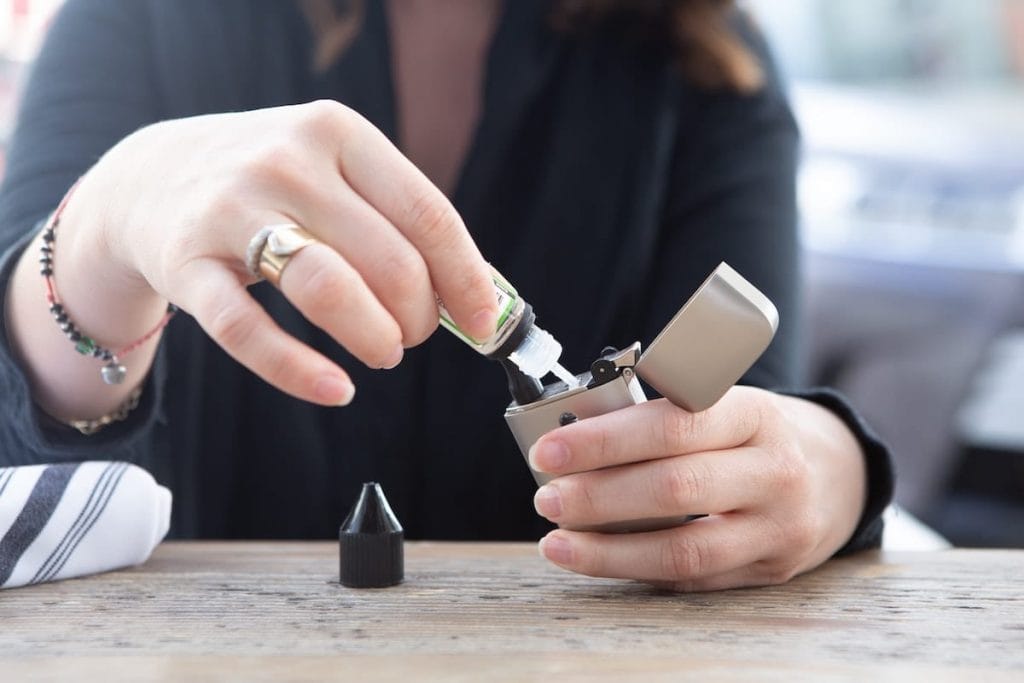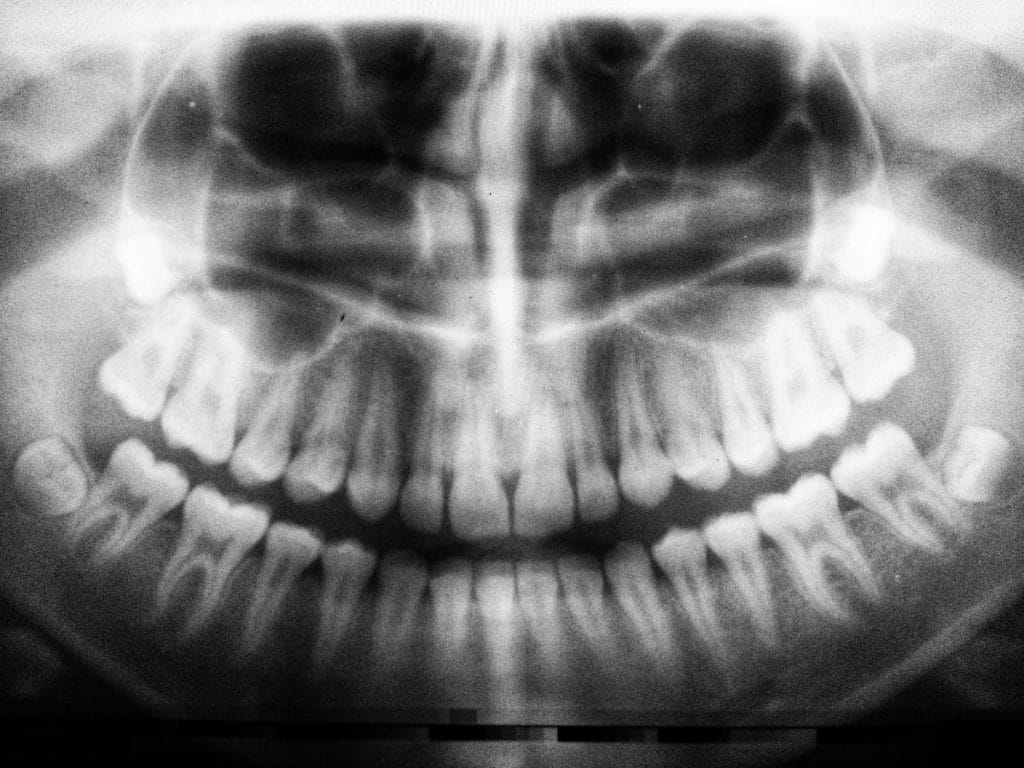Can Vaping After Tooth Extraction Be Harmful?
A tooth removal experience at the clinic of your most reliable dentist can be unpleasant. If not for anything else, a visit for removing a wisdom tooth at some point becomes unavoidable. After extracting a tooth, the oral wound begins to heal.
However, utmost care is required to prevent the development of an oral infection after such a tooth removal or dental surgery. Thus, you need to give it enough time to return to your normal routine and eating habits.
If vaping is a part of your normal routine, it is worth knowing how long you need to wait for it after tooth extraction. Or, is it okay to start vaping immediately? Let’s find out!
The Impact of Nicotine-based Vaping on Dental Health

While smoking cigarettes is always believed to be bad for overall health, the chemicals present in them are likely to delay oral healing and induce inflammation. Even the smokeless alternatives can cause an infection by being stuck at the site of extraction.
Not much is known about the impact of vaping on the site of tooth extraction. However, several issues associated with tobacco and nicotine smoking also apply to vaping after dental surgery or tooth removal.
The latest research also indicates vaping is not entirely harmless, although it is less harmful than tobacco smoking in terms of oral health. According to medicalxpress.com, around 44% of people who were examined believed that e-cigarettes are not dangerous. While the awareness of the negative impact of vaping is on the rise, more research is still required.
Although no tobacco, e-liquids used for vaping usually have nicotine. This addictive substance can lead to the breakdown of oral tissue and prevents healing at a normal pace. This makes it more difficult for your body to restore the extraction site.
According to the American Association of Nurse Anesthetists (AANA), vaping is not a better alternative to smoking when it is a matter of dental surgery. It can increase the risks linked to anesthesia and can trigger other issues.
AANA also reported that nicotine could decrease the quantity of oxygen obtained by tissues and organs. This not only delays recovery but puts oral health at risk when oxygen is not sufficient to circulate, the risk of an infection increases.
Other Vaping Ingredients to Impact Your Dental Health

It is a fact that some e-liquids do not contain nicotine. However, all e-liquids contain some base liquid, either Vegetable Glycerin (VG) or Propylene Glycol (PG). Found in e-cigarettes and other vaping products, PG is known to transmit nicotine to the mouth.
Once inhaled, PG splits into a few acidic ingredients that can harm the oral health. Specifically, it can damage soft tissue, teeth, and enamel.
Even VG is widely used in vapes, food products, and personal care products. For use in vapes and e-cigs, it is often mixed with flavors to form what is known as e-liquids. According to perioimplantadvisory.com, a study has observed that this mix results in harmful bacteria quickly sticking to the teeth and causing cavities.
It also has reported that the enamel weakens with the use of flavored e-liquids versus unflavored. These teeth then become softer due to vaping. Keeping these consequences in mind, it is safe to say that flavored vaping can result in uncontrollable tooth decay.
Other Effects of Vaping
Some more negative effects of vaping soon after a tooth extraction include dry mouth and dry socket. A highly short-term effect is dry mouth. Medically, low saliva levels make your mouth more susceptible to bacterial accumulation. Thus, dry mouth due to vaping can raise the risk of infection while recovering from tooth removal.
Vaping an e-cigarette also triggers an undesirable force in the mouth due to which it can remove the shielding clot layering the site of extraction. If this happens, it can result in a painful dry socket infection.
When to Vape?
If you vape heavily or use too-sweet flavors, it is ideal to wait for at least four days after tooth removal. This is the healing period. Vaping with unflavored juices is another option to have minimal impact on healing.
Conclusion
Immediate vaping after tooth removal is not recommended due to a couple of adverse effects. It is best to wait for four days to do so.
Anna Schmechel
I have tried pretty much everything in this industry, which helps me succeed as the main staff writer at Vaposearch (I hope ????). Everything I write about is based on personal experience. My goal is to help people make informed decisions based on authentic reviews from someone who has used products, rather than the manufacturers' descriptions.







